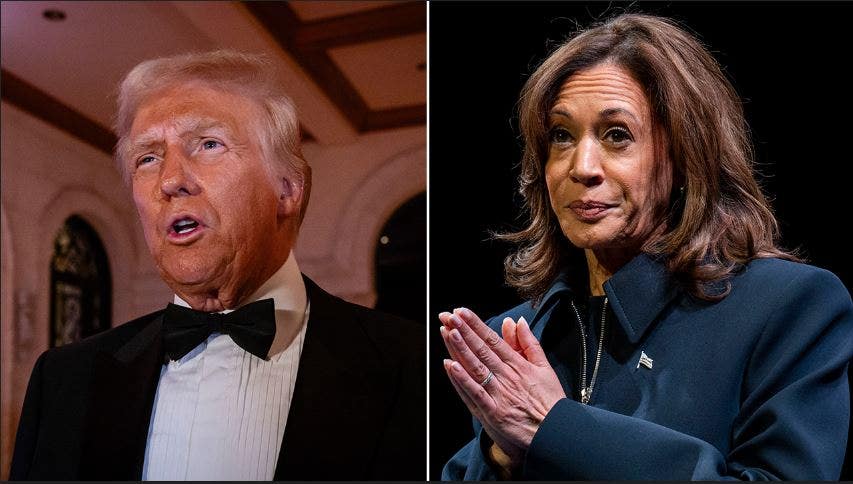Cameron John Wagenius, a 20-year-old U.S. Army soldier stationed at Fort Cavazos, Texas, finds himself entangled in a complex web of cybercrime allegations. A federal grand jury in Texas has indicted Wagenius on two counts of unlawfully transferring confidential phone records. This indictment, unsealed just this week, follows an investigation into Wagenius’s alleged online activities, specifically his association with the alias “Kiberphant0m.” This online persona has been linked to a series of high-profile data breaches, including the compromise of Snowflake data and purportedly gaining access to the phone records of prominent political figures, including then-President-elect Donald Trump and Vice President Kamala Harris. The alleged leak of call logs belonging to 2024 presidential candidates in November further fueled speculation about Kiberphant0m’s activities and reach. While the authenticity of these call logs remains unverified, their online release underscores the potential sensitivity of the information allegedly accessed and disseminated by Wagenius.
The indictment itself, however, does not explicitly detail the specific hacking incidents attributed to Wagenius. It focuses solely on the accusation of selling confidential phone records online, leaving the precise nature of the breaches and the extent of the compromised data undisclosed pending further legal proceedings. The lack of specifics in the indictment leaves room for speculation and further investigation into the full scope of Wagenius’s alleged activities. The connection between the indictment and the alleged hacking of political figures’ phone records remains unclear at this stage, though the timing and the online persona linked to both suggest a possible connection that requires further scrutiny.
The case highlights the growing concern over data security and the vulnerability of personal information in an increasingly digital world. The alleged sale of confidential phone records underscores the potential for exploitation of sensitive data, raising questions about the methods used to obtain such information and the motivations behind its distribution. The case also raises concerns about the potential damage caused by such breaches, not only to the individuals whose privacy is violated but also to the broader public trust in institutions and communication networks.
The investigation into Wagenius’s alleged actions comes at a time of heightened awareness surrounding cybersecurity threats, particularly those originating from foreign actors. The recent reports of Chinese hacking of the Treasury Department and Iranian attempts to target individuals associated with the Trump administration underscore the escalating nature of cyber espionage and the potential for malicious actors to exploit vulnerabilities in digital systems. While the Wagenius case appears to be domestically focused, it nonetheless contributes to the growing unease about the security of sensitive data and the potential for its misuse. The case emphasizes the need for robust cybersecurity measures and the importance of holding individuals accountable for their actions in the digital realm.
The U.S. Army has acknowledged the arrest of Wagenius and pledged its cooperation with law enforcement agencies in the ongoing investigation. This collaboration is crucial for unraveling the complexities of the case and ensuring a thorough examination of the alleged breaches. The investigation will likely delve into the methods used to obtain the confidential phone records, the extent of the data compromised, and the individuals or entities involved in the alleged sale of this information. The outcome of this investigation will have significant implications for both Wagenius and the broader conversation about data security and cybercrime.
Wagenius is currently awaiting extradition to Seattle, where the case will be adjudicated. The legal proceedings will shed further light on the specific charges against him, the evidence supporting the allegations, and the potential consequences he faces if convicted. The case represents a significant test of the legal system’s ability to address the evolving challenges posed by cybercrime and to hold individuals accountable for their actions in the digital sphere. The outcome will undoubtedly contribute to the ongoing development of legal frameworks and enforcement strategies aimed at combating the growing threat of cybercrime and protecting sensitive data in an increasingly interconnected world.


